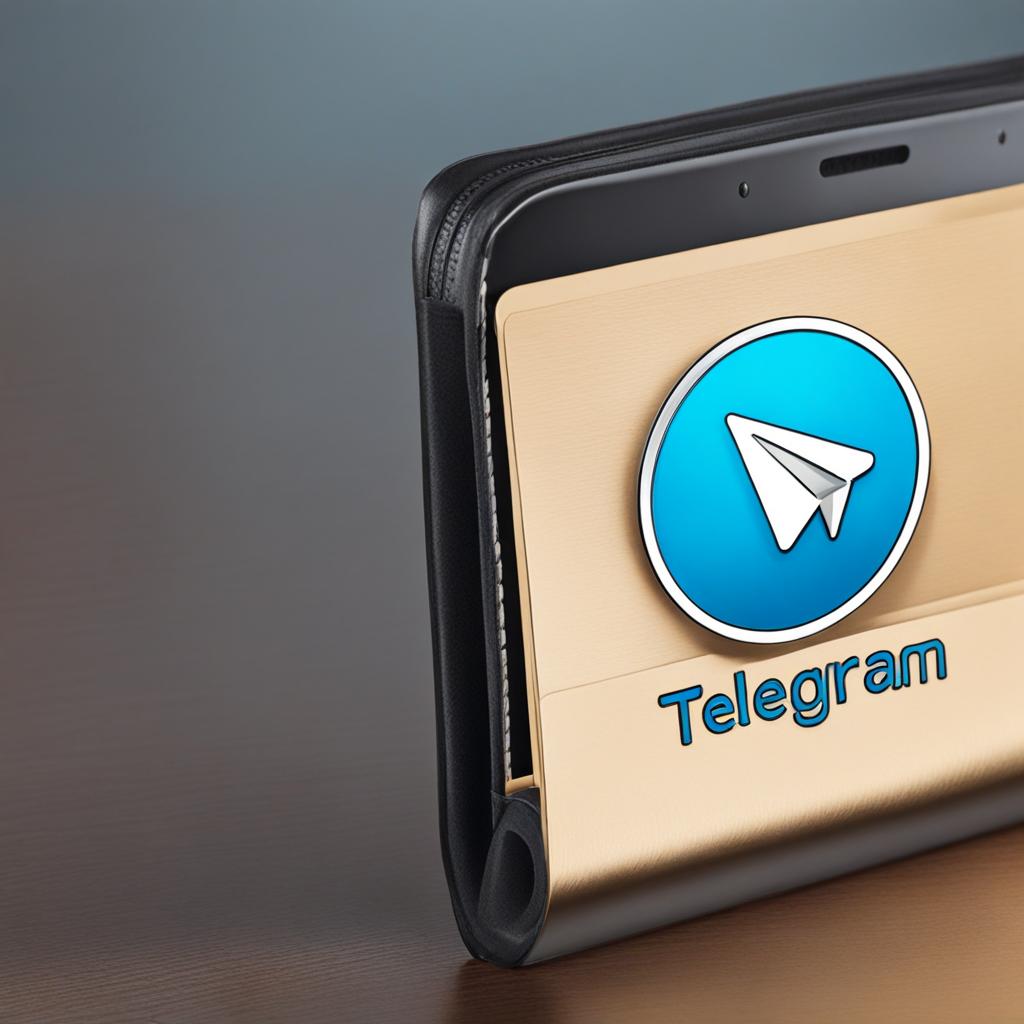With 800 million active users each month, the well-known chat service Telegram is receiving a self-custodial cryptocurrency wallet. The move is intended to bolster its position in the thriving crypto community that has grown out of its chat platform and may help draw more people into the space.
The new self-custodial wallet, dubbed TON Space, was unveiled on Wednesday by Telegram and the TON Foundation along at the Token2049 cryptocurrency conference in Singapore, which draws over 10,000 attendees. The cryptocurrency community has gone through a major reckoning ever since the collapse of FTX, realizing the need for self-custodial wallets rather than centralized ones where users have no control over their digital assets.
It’s important to note that the wallet wasn’t created by Telegram, and the fact that the announcement was made jointly draws attention to the history of the company’s complex connection with blockchain.
The U.S. Securities and Exchange Commission sued the messenger in 2020 over a significant initial coin offering, forcing it to quit its Telegram Open Network (TON) blockchain project. The Open Network Foundation (TON Foundation), which is currently aiding the development of The Open Network (TON), the blockchain powering an expanding number of Telegram applications, including the self-custodial wallet, was subsequently established by a group of open source programmers and blockchain enthusiasts.
The Open Platform (TOP), a corporation that has a venture-building branch called TOP Labs and a wallet development team that closely collaborates with the TON ecosystem and has a portfolio of TON-based apps, is the company that created the wallet.
Beginning in November, TON Space will be accessible to all of Telegram’s users worldwide without requiring any wallet registration. The function is an addition to the currently available custodial version of the Telegram wallet, which has so far racked up three million registered users. For the time being, the self-custodial wallet has excluded some countries, including the United States, which has launched a number of crackdowns on the cryptocurrency industry and marketed numerous crypto apps to users of geofencing services.
A mini app ecosystem powered by blockchain
One of the numerous third-party mini-apps that operate inside Telegram is TON Space. The concept of a “super app,” made popular by WeChat, is being incorporated into the messenger. But compared to the Chinese chat app, whose payment system it designs and manages, its strategy is very different. Decentralized payments are the first strategy used by Telegram. Furthermore, rather than using a centralized solution created by the messenger, developers can construct crypto-compatible small apps by connecting with the TON Space wallet.
The advantage of having a crypto wallet in Telegram is the possibility to introduce a sizable number of users—many of whom are populations without access to banking in developing nations—to digital assets.
Developers can control the flow of digital assets via their projects by using a self-custodial wallet. Imagine, for instance, that there is a private community. According to Andrew Rogozov, CEO of TOP and former CEO of the Russian social networking site VK, in order to gain access to this community, you must obtain some sort of NFT-based key or entry card, which [the user] can receive in the self-custodial wallet.
Outside of the Telegram ecosystem, there are a plethora of competing cryptocurrency wallets. Their drawback, according to Rogozov, is that you must first make a wallet. The conversion rate for installing these wallets is typically relatively low because it’s a complicated process. The second issue is the lack of distribution in [website-based] wallets. To promote decentralized apps, Telegram is prioritizing TON projects and partners for access to its worldwide advertising platform.
A cryptocurrency payments system was created by a third-party partner, MobileCoin, for the encrypted messaging application Signal. While it may appear that the two services are in direct competition, Halil Mirakhmed, COO of Wallet, the company that created TON Space, believes their target audiences are completely different.
In order to have social contact and a social discussion about cryptocurrencies within its app, [Signal] lacks the platform and community. It’s impossible to build a community because it’s end to end, he claimed.








